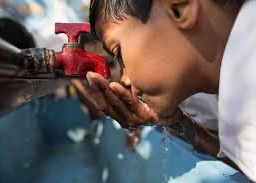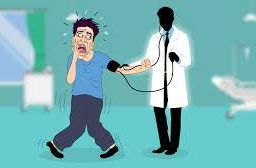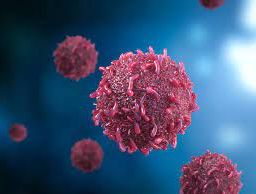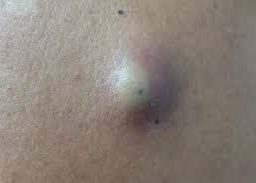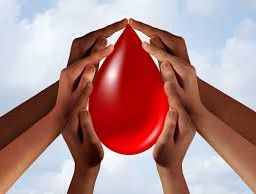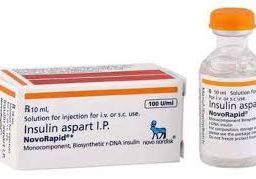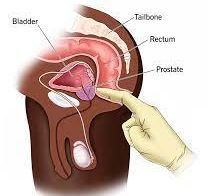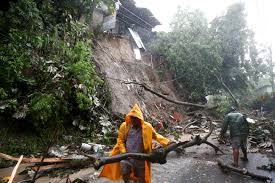
Immediate Steps to Take During a Tropical Storm Recovery
After enduring the impact of a tropical storm, prioritizing your well-being is paramount. This guide offers essential tips and precautions to navigate the post-storm period, ensuring safety, recovery, and resilience.

After enduring the impact of a tropical storm, it is essential for individuals to prioritize their well-being and take necessary actions to ensure their safety. The aftermath of such a natural disaster can bring about various challenges, but by following some important precautions and steps, you can navigate this post-storm period with confidence and resilience.
Stay Informed:
After a tropical storm, staying informed is crucial. Keep yourself updated with the latest information about road conditions, utility services, and potential health hazards in your area. Local authorities, emergency management agencies, and reliable news sources can provide valuable information to guide your actions. Stay tuned to official announcements and follow any instructions or guidelines provided.

Assess Your Surroundings and Personal Safety After a Tropical Storm:
Once the storm has passed, assess your surroundings for any immediate hazards. Check for downed power lines, unstable structures, or debris that may pose a risk. If you encounter any dangerous situations, contact the appropriate authorities or emergency services. Prioritize your safety and the safety of others by avoiding unstable areas and potential risks.
Check on Your Medications:
If you are a patient who relies on medications, ensure that you have an adequate supply on hand. Tropical storms can disrupt transportation and access to healthcare services, so it’s important to be prepared. Check your medication stockpile, and if you anticipate running low, contact your healthcare provider or pharmacy to arrange for a refill as soon as possible. Keep a list of your medications and dosage instructions handy in case of emergency.
Communicate with Your Healthcare Provider:
If you have a pre-existing medical condition or require regular medication, it is crucial to communicate with your healthcare provider in the aftermath of a tropical storm. Reach out to them and update them on your situation. They can provide guidance on managing your condition, offer advice on potential health risks, and help you obtain necessary medications or medical supplies that may have been disrupted during the storm.
Stay Hydrated and Maintain Proper Nutrition:
Tropical storms often lead to disruptions in water and food supplies. It is vital to stay hydrated and consume nutritious meals, as these factors are essential for your overall health and recovery. Ensure that any water you consume is safe by following local advisories or relying on bottled water if necessary. Consume balanced meals that include fruits, vegetables, and protein to provide your body with the nutrients it needs during this time.
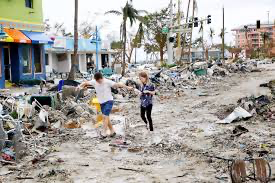
Protect Yourself from Vector-Borne Diseases After a Tropical Storm:
Tropical storms can create favorable conditions for the breeding of mosquitoes and other disease-carrying insects. Take measures to protect yourself from bites by using insect repellent, wearing protective clothing, and using bed nets if necessary. Mosquito-borne diseases, such as dengue fever or Zika virus, can pose additional health risks, so remain vigilant and seek medical attention if you experience any unusual symptoms.
Safeguard Your Mental Health:
The emotional toll of a tropical storm can be significant. The stress, anxiety, and trauma associated with such an event can impact your mental well-being. Be aware of your emotions and seek support from loved ones, support groups, or mental health professionals if needed. Engaging in stress-relieving activities, such as exercise, meditation, or spending time in nature, can also help promote emotional well-being during this challenging time.
Practice Good Hygiene:
Maintaining good hygiene is crucial after a tropical storm, as water and sanitation systems can be compromised. Wash your hands frequently with soap and clean water or use alcohol-based hand sanitizers when water is not available. Avoid consuming or using contaminated water for drinking, cooking, or personal hygiene. If there are concerns about water safety in your area, follow guidance from local health authorities or boil water before use.
Follow Local Safety Guidelines:
Stay informed about local safety guidelines and adhere to any evacuation orders or advisories issued by local authorities. These guidelines are designed to protect your safety and well-being. Additionally, follow instructions on the proper disposal of waste, debris, and any hazardous materials to maintain a clean and safe environment.
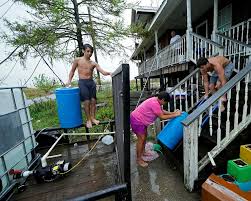
Support Each Other:
Remember that you are not alone. After a tropical storm, communities often come together to support one another. Offer assistance to neighbors, especially those who may require extra help due to their health conditions. Check on elderly or vulnerable individuals to ensure their well-being. By supporting each other, we can collectively navigate through the challenges and recover stronger as a community.
In the aftermath of a tropical storm, your well-being should be your top priority. By taking these actions and precautions, you can safeguard your health, protect yourself from potential risks, and promote a smooth recovery. Remember to communicate with your healthcare provider, prioritize your safety, maintain proper nutrition and hydration, protect against vector-borne diseases, care for your mental health, and follow local safety guidelines. With resilience, preparation, and attention to your needs as a patient, you can successfully navigate the aftermath of a tropical storm and emerge stronger on the path to recovery.
Disclaimer: The information provided in this content is for general informational purposes only. It is not intended as medical or healthcare advice, diagnosis, or treatment. Always seek the advice of a qualified healthcare professional with any questions you may have regarding a medical condition or healthcare decisions.



